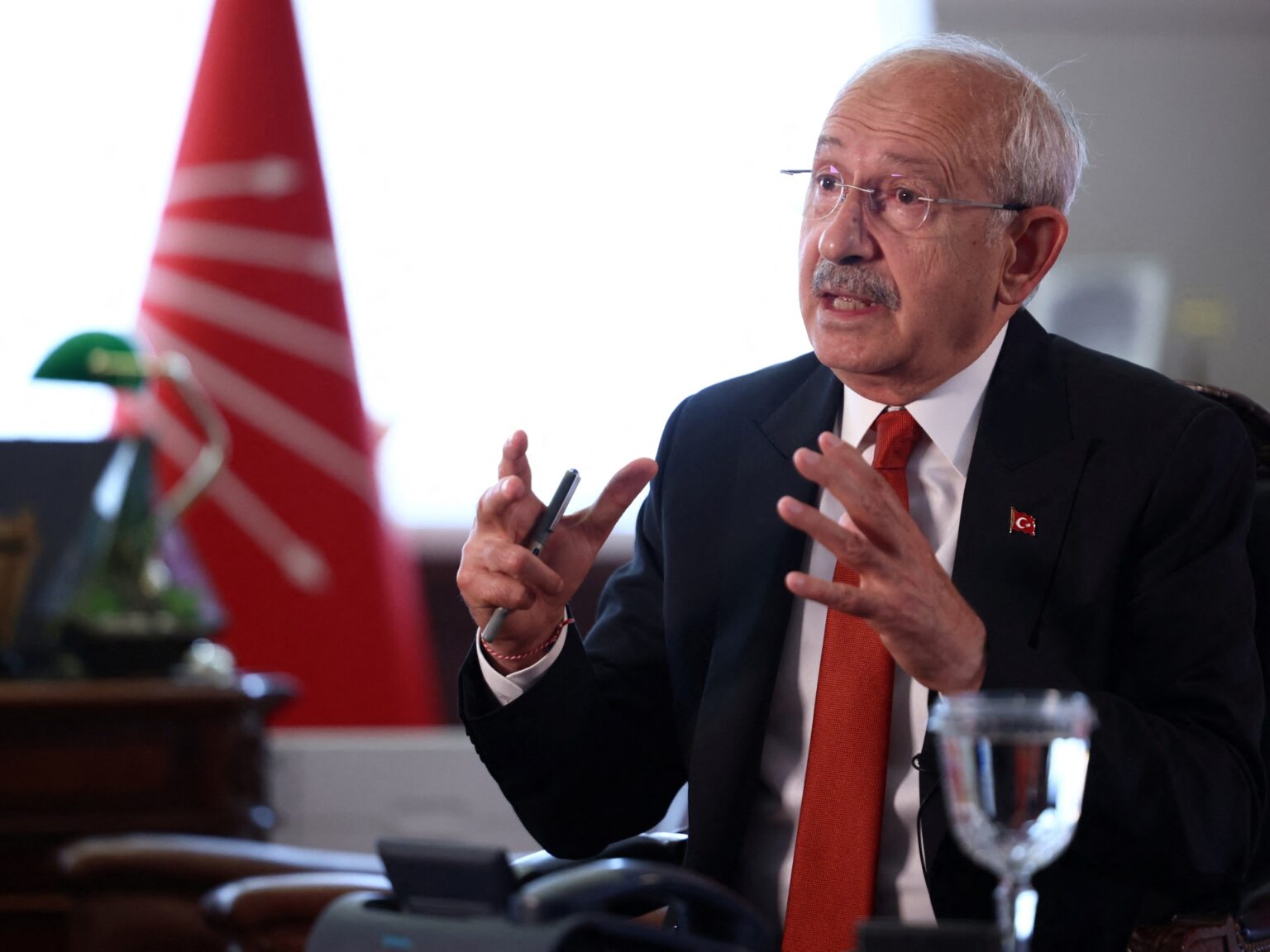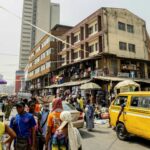Global Courant 2023-05-30 20:44:37
Istanbul, Turkey – As the dust settles on the election, the Turkish opposition is grappling with how it failed to seize the best opportunity to oust President Recep Tayyip Erdogan.
The opposition, led by Kemal Kilicdaroglu’s Nation Alliance, had seen the country’s worst economic crisis in two decades and the fallout from catastrophic earthquakes in February as nearly insurmountable obstacles to Erdogan’s re-election.
However, the president surprised his critics, pundits and pollsters by securing a third term and extending his 20-year rule for another five years.
The opposition may view Kilicdaroglu’s share of 47.8 percent of the vote in the second round of Sunday’s presidential race against Erdogan as something of a success. In Turkey’s two previous direct presidential elections, Erdogan’s challengers had failed to break the 40 percent barrier.
The focus is now on the local elections in March next year. The Republican People’s Party (CHP) of Kilicdaroglu will try to defend the gains made in 2019.
Four years ago, the CHP, backed by other parties, took control of a number of major cities, including Istanbul and Ankara, which had been ruled for 25 years by Erdogan’s Justice and Development Party (AK Party) or its predecessors.
Opposition politicians will attend party congresses before the end of the year, where they are likely to be asked questions about the leadership and strategy of this spring’s campaign.
Frustration at constant defeat
The biggest spotlight is likely to be on the CHP, the largest opposition party, and Kilicdaroglu, who has led the party since 2010 without winning any national elections.
“No one should try to turn these results into a success story,” former CHP secretary-general Mehmet Akif Hamzacebi said Monday. “There is a complete failure in terms of our chairman and party.”
Fatih Portakal, a leading journalist seen as sympathetic to the opposition, used his TV show in Sozcu on Tuesday morning to question the direction of the CHP under Kilicdaroglu.
“You have to leave this party now,” he said, accusing Kilicdaroglu of “desperation” in his move to nationalist rhetoric after an unexpectedly high turnout of nationalist voters in the first round.
“It takes a blood change… You run in every election and you lose… After you lose this important election, you shouldn’t stand a chance.”
However, Kilicdaroglu does not appear to be stepping down before the local elections in March.
“We will remain at the forefront of this struggle until real democracy comes to our country,” he said after his loss. “Our march continues, we are here.”
Consider a face change
If CHP rebels band together in an attempt to remove the 74-year-old former bureaucrat, they will likely target Istanbul mayor Ekrem Imamoglu as his successor.
Since winning Turkey’s largest city for the party, Imamoglu has become a household name and played an important role in the campaign, much like his Ankara counterpart, Mansur Yavas.
Both men had been discussed as possible presidential candidates before Kilicdaroglu was confirmed in early March.
That decision nearly led to the disintegration of the opposition alliance when the head of the bloc’s second largest party, Meral Aksener of the nationalist Iyi party, threatened to quit but backed out after a weekend of talks.
Imamoglu has remained loyal to Kilicdaroglu outwardly, but is said to have been frustrated by many aspects of the campaign, especially during the first round of voting.
However, a bid for Imamoglu’s leadership has been stymied by a court ruling that could ban him from politics or even jail if his appeal is rejected.
“The threat against Imamoglu is real,” said Emre Peker, director of Europe at the Eurasia Group. “If the legal process is completed and he is removed from office in October, I would not be surprised.”
“That gives Erdogan enough time to build on his post-election victory and make people forget (by the local elections in March) that he jailed the popular mayor of Istanbul.”
Turkish Justice Minister Bekir Bozdag said the ruling was not politically motivated. “No body, authority or person can issue orders and instructions, send circulars, make recommendations or suggestions to courts and judges in the exercise of judicial power,” Bozdag said last year.
Rethink inclusivity
Early signs of unease over the outcome of the election have come from the Iyi Party, which will hold its national congress at the end of June.
The party retained its 43 seats in the 600-member parliament, a static position that Aksener described as a success.
Ethem Baykal, one of the party’s founders, called for her to resign and media reports suggested that members saw her withdrawal over Kilicdaroglu’s candidacy as a “strategic mistake” that had resulted in a loss of votes.
By taking part in Kilicdaroglu’s ‘inclusive’ campaign in the first round, many said the Iyi Party had surrendered nationalist votes to the Erdogan-allied Nationalist Movement Party (MHP).
“The Iyi Party saw that by supporting more moderate candidates and distancing itself from nationalist voters, it failed to build votes and even lost some votes to its main rival on the right, the MHP,” Peker said.
Fight for unity
Berk Esen, an assistant professor of political science at Sabanci University in Istanbul, predicted that it would be difficult for the opposition alliance to stay united.
“The leaders of these parties will start pointing the finger at each other to explain this defeat,” he said.
The four smaller parties that make up the Nation Alliance, also known as the Table of Six, will jointly share 38 parliamentary seats, having been on the CHP’s list in the election.
Two centre-right parties – Gelecek and Deva – were founded by former members of Erdogan’s government, ex-Prime Minister Ahmet Davutoglu and former Economy Minister Ali Babacan.
Analysts expect Erdogan to try to persuade their deputies, as well as those from the Islamist Saadet party, to strengthen his alliance’s 23-strong majority in parliament.
“I think their base, their constituents, would like them to cooperate with Erdogan,” Esen said.




